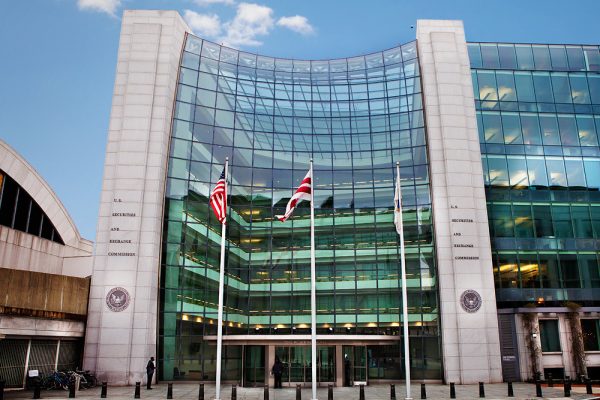News Release: Treasury, FTC, and CFPB Announce Pivotal Interagency Effort to Promote Safer Solar Lending
The U.S. Department of the Treasury, Federal Trade Commission (FTC), and Consumer Financial Protection Bureau (CFPB) announced a critical interagency effort that aims to protect consumers from solar fraud and scams, clamp down on bad actors and practices in the industry, promote safe green lending that can benefit consumers and responsible solar businesses, and mitigate climate change. This move comes as more consumers are being marketed and offered loans and leases for green products and projects, due in part to new federal financial incentives that make them more affordable









